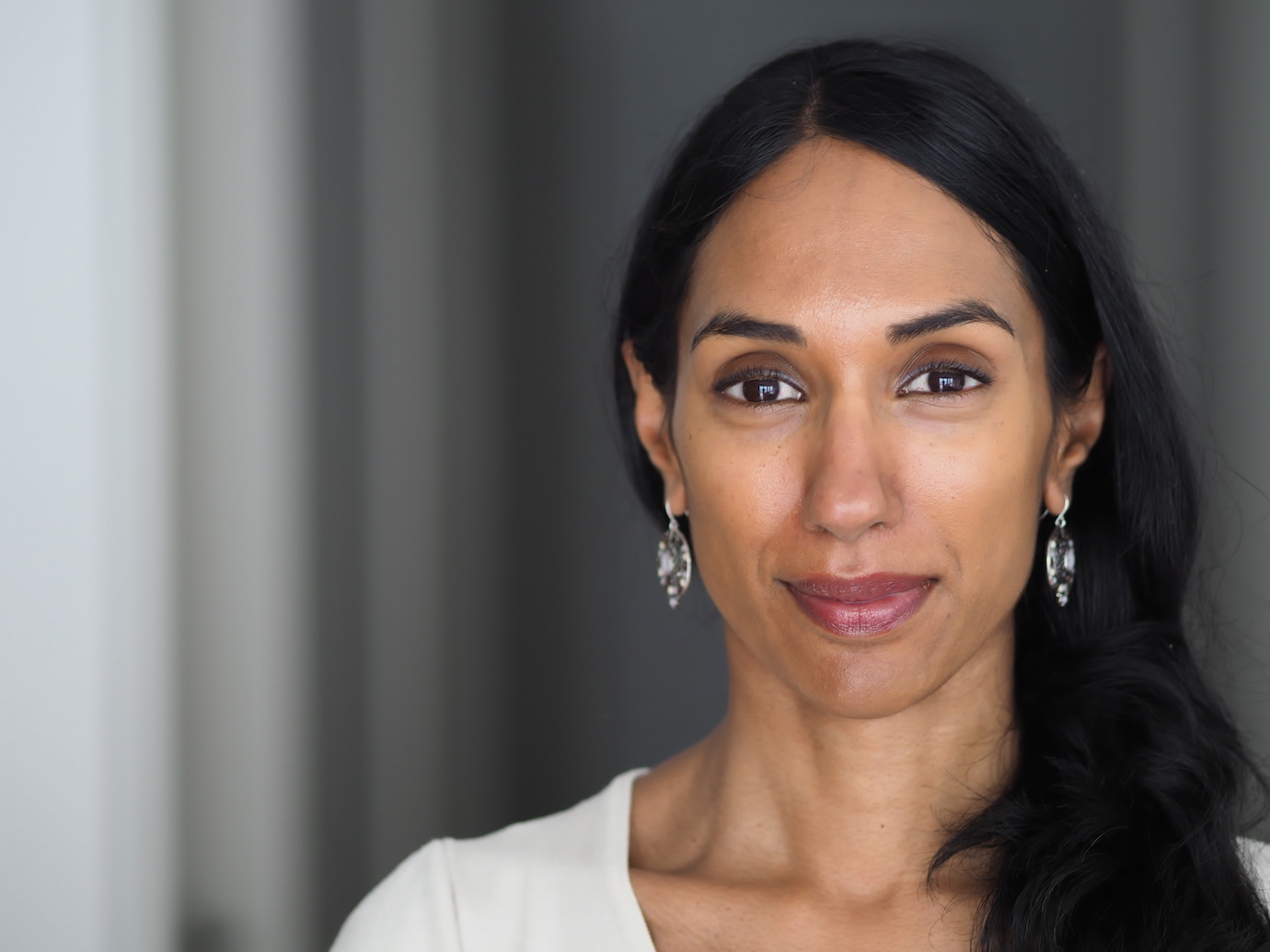MLS PhD candidate explores migrant children’s rights to family unity
As a mother of two, PhD candidate Rasika Jayasuriya knows just how important close family ties are. Working in the labour migration field in Sri Lanka in 2006, she was exposed to many of the difficulties migrant workers and their families face.

“After returning to Australia, and later having two children of my own, I began to consider what it would mean for me to be separated from my own children for prolonged periods of time. At the same time, I was working in the refugee and asylum seeker policy area, where I was continually witnessing the devastating impact of family separation on people’s mental health and well-being, particularly when their opportunities for reunification with loved ones were uncertain.”
In 2015, Rasika commenced her PhD research focussing on a child’s right to family unity.
“I’m looking at the impact of low and semi-skilled labour migration programs on a child’s right to family unity under International human rights law,” Rasika says.
Rasika’s research examines State obligations under international human rights law to preserve family in relation to the children of migrant workers; why the right to family unity is so important to a child’s well-being; and how the legal structures and bilateral agreements that govern these labour migration programs can be better leveraged to help maintain the child-parent relationship to improve outcomes for and minimise harm to children in labour-source countries.
Having worked in migration related policy for over a decade, Rasika is passionate about understanding the impact of legal structures and migration policy on the rights of vulnerable groups in society. At Melbourne Law School, she feels she has access to some of the best supervisors with expertise in human rights, family law and socio-legal research who are of immense support to her in her research.
Rasika’s most memorable moment at the Law School was probably her confirmation, the lecture that PhD candidates present to faculty at the start of their research.
“I was really encouraged by the amount of support and interest in my research that I received from both staff and fellow students. The input and guidance that I received through the confirmation process was invaluable in shaping my work going forward, ”she says.
The collegial environment is one of the things Rasika enjoys most about her time at the law school.
“I really enjoy the interactions that happen by chance with others at the Law School, which usually occur in or en route to the kitchen! These conversations constantly remind me about how broad the law is and how it touches on every aspect of society, far beyond my own area of research.
“It’s great to be able to meet people with such diverse research interests in an informal and relaxed setting, and have a chat about not only their work but their lives as well. I find it both interesting and a very helpful way of keeping my own research journey in perspective.”
Rasika’s decision to undertake her PhD studies stems from a firm belief in the value of education.
“My passion for education comes from my parents, who both have teaching backgrounds. Coming from apartheid South Africa, it was the chance to pursue further education that changed their lives and the opportunities available to them, including being able to establish themselves in Australia.”
Completing her PhD is an important way for Rasika to contribute to a policy area she is passionate about.
Find out more about our graduate research degrees.
By Mairead Murray